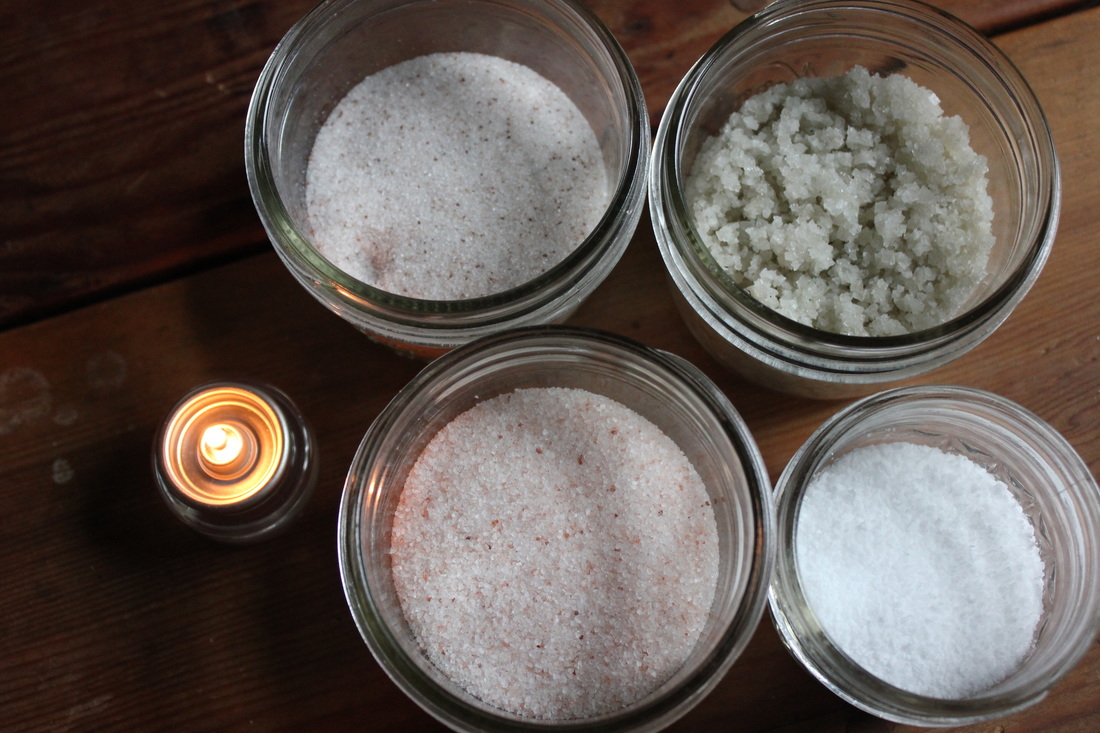|
A new study from Belgium found that low- salt diets increase the risk of death from heart attacks and strokes and do not prevent high blood pressure (JAMA, May 4, 2011). The investigators found that the less salt people ate, the more likely they were to die of heart disease. “If the goal is to prevent hypertension” with lower sodium consumption, said the lead author, Dr. Jan A. Staessen, a professor of medicine at the University of Leuven, in Belgium, “this study shows it does not work.” Lowering salt consumption, Dr. Alderman said, has consequences beyond blood pressure. It also, for example, increases insulin resistance, which can increase the risk of heart disease. The thing to take into account with this is that there is a big difference between table salt, the stuff you usually find on your table at a restaurant, and unrefined sea/mineral salts. Table salt is usually highly refined and many of it's trace minerals are removed. It usually is filled with anti-caking agents and is refined into pure sodium chloride. Iodized salt means there is iodine added to it, but you can get this from iodine rich foods like fish, dairy, eggs and especially seaweed. Table salt is an inorganic material and a strongly ionic bonded material and resists being separated into the sodium and chloride ions that are usable by body. Hence it doesn’t replenish properly the sodium needed for our body. Why do we need salt? Our body is full of electrical currents that aid in all the body processes. True unrefined salt is necessary for these processes. Not only that but unrefined salt contains a plethora of minerals. This is why it is important to eat an array of salts so you can reap the benefits from each individual one. Above there is a picture of the jars of salt that line my stove. Right now I've got unrefined Sea Salt, Celtic Sea Salt, Salt from a mineral deposit, and Himalayan Pink Sea Salt. Different salts can contain trace minerals such as: potassium, iron, zinc, calcium and magnesium Some other benefits: -Sodium ions help in the conduction of nerve impulses and contraction of muscles. -Sodium ions help to retain water in the body and maintain water balance. -Sodium ions are important in transport of substances across cell membranes. -Sodium ions play a part in the electrical activity of the heart. Exchange of sodium and potassium ions in the pacemaker cells of the heart’s sinoatrial node causes the heart to beat. -Chloride ions are an important component of blood plasma. -Chloride ions help in formation of HC1 (Hydrochloric acid) in stomach for digestion. -Sodium plays an important role in the regulation of acid base balance in the body fluids including blood, lymph, tears and gastrointestinal secretions. I encourage everyone to purchase some unrefined sea salt or other type and use it instead of table salt!
0 Comments
|
Details
Bailey Patrice & Jonathan DavidCategories
All
Date
December 2017
|


